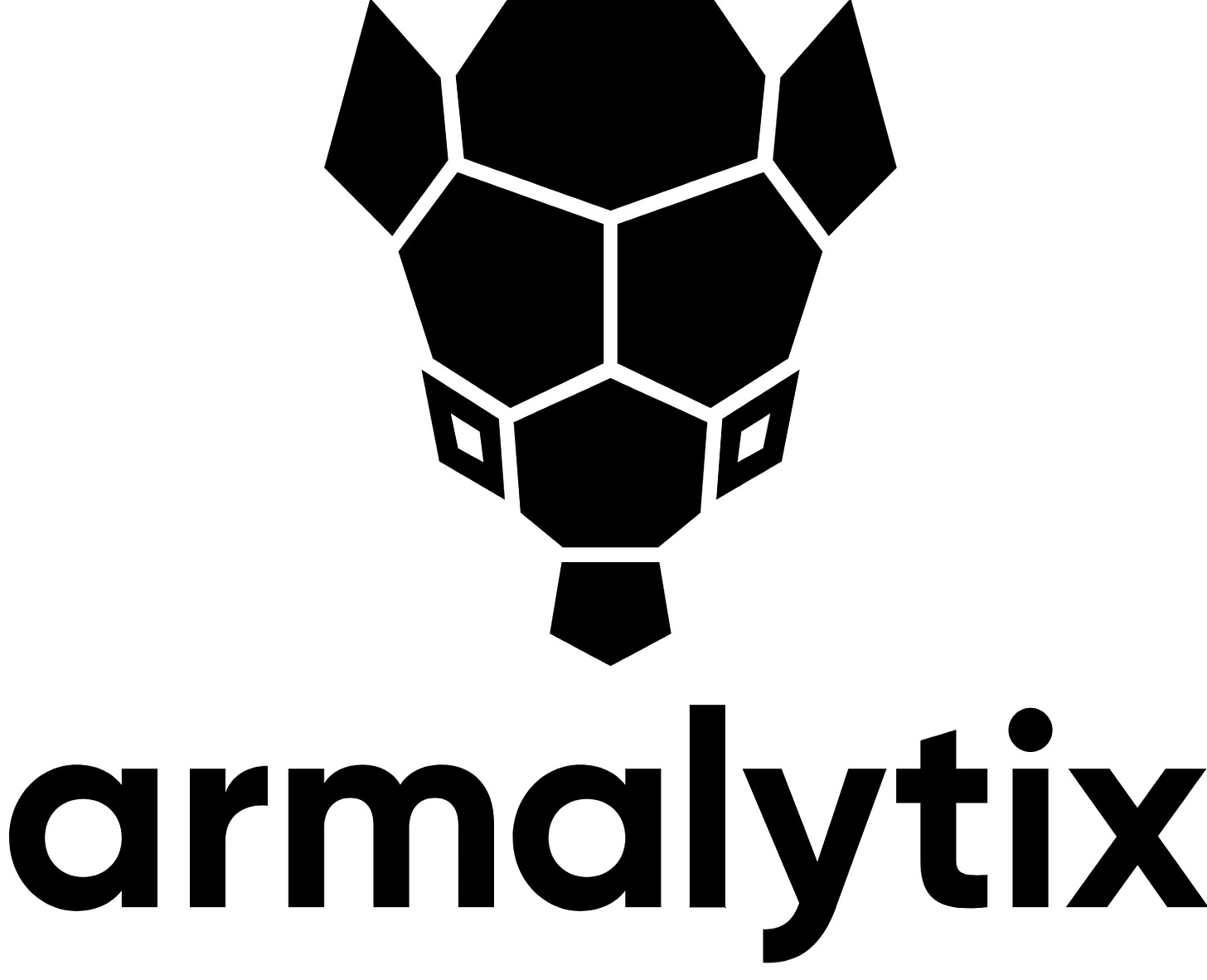Bloated Maryland iCasino bill stumbles on
MD iCasino progress, Italy’s new framework, LeoVegas ad slap, Aristocrat/LNW legal dispute +More
Maryland iCasino bill moves on, but gets uglier.
In +More: Georgia’s belated discussion, Singapore ‘kidnapping’ saga.
Italy’s lawmakers approve a new online gambling framework.
LeoVegas ‘cult hero’ ad breaches UK code.
Aristocrat files suit against Light & Wonder over stolen game.
If you can fix me up, girl, we'll go a long long way.
MD bill moves forward, faces obstacles
Never bargained for you: Maryland’s lawmakers may be in danger of over-egging the pudding. House Bill 1319, aiming to legalize online casinos in the state, is bloating as it stumbles through the legislature.
Having survived a House Racing and Gaming Subcommittee vote, the bill has been amended by its sponsor, Del. Vanessa Atterbeary to allow for 25 licenses instead of 12, with a host of other adjustments.
Experts noted the language added now makes it much harder to obtain a license than before. The Old Line State had similar legalese issues with its sports-betting laws, which eventually delayed the launch.
Give me credit: Alongside other amendments, Atterbeary also included a ban on the use of credit cards in funding online casino accounts, which means companies that offer both iCasino and sports betting won’t be able to let players use shared wallets.
Punters will have to set self-imposed deposit limits under another adjustment.
You cause me confusion: There is a concurrent Senate bill, SB603, which provides each of Maryland’s six casinos with two skins each. However, as introduced, Atterbeary’s bill included 12 untethered online casino licenses.
A major amendment splits licenses into three categories:
Casino licenses: Maryland’s six casinos must share 5% of online casino revenue with a social equity applicant partner. Or, they can share 33% and obtain a second license and a bonus third license (with a 5% social equity partner).
Class B licenses: Four off-track betting parlors and two bingo halls eligible for Maryland sports-betting licenses can apply for Class B licenses.
Competitive bid licenses: A minimum of five licenses are put up to competitive bid. Any of the 18 licenses not picked up by casinos are added to what is available for a competitive bid. The first round of bidding is for social equity applicants, while the second round is open to all others.
What next? Atterbeary’s bill passed the House subcommittee and may pass the House before Monday’s deadline. Industry watchers are pessimistic given labor unions and two of Maryland’s existing casinos have previously attempted to torpedo the legislation.
Even upon passing the House, the Senate will present a major obstacle.
Maryland’s legislative session runs to April 8.
After the committee vote, Atterbeary said Maryland legislators are still deciding whether to put the choice of legalizing online casinos on the ballot in the November general election.
Further reading: Wynn CEO Craig Billings weighed into the debate on cannibalization last week, suggesting labor unions had good reason to fear iCasino.
Across regulated states, operators can use Compliable’s platform to ensure a smoother licensing journey.
Simplified license applications – ability to apply across multiple states
Help along the way – FAQs portfolio and 1-to-1 support available
Unique Compliance Dashboard – manage licenses and track applications
Read more about the onboarding process here
+More
Georgia: Discussions regarding the bill on sports betting began in the state house this week but with only a fortnight left in the current legislative session, its chances of passing are running up against the clock.
The first bill was passed by the Senate on February 1 including an amendment that tied the legislation to the need for a constitutional amendment.
The chair of the House Higher Education Committee, Rep. Chuck Martin, said after a hearing this week that a “lot of work” would be needed to get the bill done.
Read across: In LosIngresos+Mas, a lawyer representing Betsson, Betano, Coolbet and others said the bill to regulate online betting in Chile, which orders the blocking of all companies that have operated informally in the country up to 12 months prior to the law’s entry into force, is ”absolutely unconstitutional.” Read in Spanish or English.
The (not so) great pretender: A Chinese national has been charged by Singapore police for allegedly faking his own kidnapping to swerve a gambling debt. Liu Changjian, 33, staged the ordeal and tried to extort a ransom of around $4k from his aunt in China.
He entered Singapore on a tourist visa on March 1 and was due to leave five days later, but didn’t, police said, adding that Liu had racked up debts of between S$20,000 ($15k) and S$30,000 during his stay.
Liu concocted the cunning plan while at the Marina Bay Sands Casino, court documents revealed.
His aunt, who was in China, received a WeChat text message from an unknown person demanding a ransom for the release of Liu, forwarding identification documents.
She alerted Liu’s father in China, who in turn called the Singapore Police Force, and an investigation was launched. Lui faces a heavy fine or 10-year jail stretch if convicted.
The Token Word: Tomorrow, the latest edition of The Token Word from Compliance+More looks into the UK FCA and Bitcoin ETFs, and the SEC vs. Binance.
What we’re reading: Goodbye Curaçao, hello Anjuoan. From Asia Gaming Brief.
The Player Protection Forum – 27/28 March 2024 from KnowNow Limited
Join key stakeholders from within and around the gambling industry for a packed agenda over 2 days. Book your tickets for what promises to be a lively and informative event.
Visit: https://www.knownowltd.com/event-list/player-protection-forum-2024/
or email matthew.holley@knownowltd.com for more information.
Italian online breakthrough
It’s happening: After several failed attempts stretching back multiple years, Italy’s top lawmakers have approved a new online gambling framework and agreed on how future licenses will be distributed. The reforms, approved by the Council of Ministers, represent “a major change compared to the past,” according to DLA Piper Italian gaming expert Giulio Coraggio.
A tender for 50 new online gaming licenses, according to the wording of the law, shall be awarded before December 31, 2024. All current licenses expire on that date.
“It seems a very challenging timing, but this is the plan of the legislator,” Coraggio said.
As floated previously, the price of a nine-year license is $7.76m, along with an annual fee of 3% of the GGR net.
Groups cannot hold more than five licenses, which may be an issue for aggregators, Coraggio said.
Tougher than the rest: The new regulations introduce stringent requirements on suitability criteria and much harsher penalties for non-compliance than previously on the books. There are also limitations on white-label sites, including stipulations for operators to have a website with an Italian top-level domain name and logo on display.
No provisions have been introduced to allow additional skins against the payment of a potential fee, Coraggio said.
A registry will be set up to log shops selling top-up cards to punters in order to fund accounts. Gambling activity or withdrawal of funds from the shops will be limited.
Stronger rules have also been introduced to tackle unlicensed operators and payment blocking measures will be implemented.
AGCOM’s X fine
The Italian media regulator has fined social media platform X €1.35m for nine violations related to users promoting advertising content related to gambling.
ComplianceOne Group, the leader in iGaming Compliance solutions incorporating ComplianceOne, our services division, and ProductsOne, our products division that includes Complitech.
We guide online gambling operators and suppliers gain a competitive edge through technical and regulatory compliance. We cover any areas on the spectrum to ensure you operate a compliant organization.
For more information, click here.
LeoVegas ASA slapdown
Mass appeal: The UK’s Advertising Standards Authority (ASA) has chided LeoVegas over an “irresponsible” advertisement for its BetUK sportsbook featuring a soccer player who never played at the highest levels of the game.
The advert ran in September 2023 and featured the retired soccer player Adebayo Akinfenwa discussing his role as a brand ambassador for BetUK.
Akinfenwa spoke about several safer gambling tools, such as deposit limits and reality checks, and encouraged responsible gambling.
The regulator, acting on a tip-off, ordered LeoVegas to pull the ad as it breached codes on appealing to under 18s.
“You can’t show people with ‘strong appeal’ to under 18s in gambling ads, the policy being that you don’t want kids to emulate their heroes and get into betting,” said Katharine Mason, senior associate, Consumer Regulatory, DWF.
Oh, the heads that turn: LeoVegas and BetUK argued that at the age of 41, retired and primarily known for playing in the lower leagues, Akinfenwa was unlikely to attract a young audience.
They presented social media data showing that 8% of Akinfenwa’s Instagram followers and 18% of his Snapchat followers are under 18. Age data was not available for Facebook, Twitter and TikTok.
Despite this, the complaint was upheld on grounds that Akinfenwa held broader appeal given his appearance in a popular video game and his “unusually well known” status as a cult hero among fans.
Legal experts told C+M the ad was a handy barometer of the numbers the regulator considers when making a judgment on “how many is too many” when it comes to young followers.
Aristocrat files suit against LNW
Enter the dragon: Aristocrat has filed suit in Nevada alleging that rival slot manufacturer Light & Wonder stole trade secrets from its Dragon Link and Lightning Link games to produce its own Dragon Train slot.
The court documents allege that Light & Wonder’s game was designed by a former Aristocrat game designer, Emma Charles, who had worked on Dragon Link and left in 2017.
It cites she and another former Aristocrat employee, Lloyd Sefton, who left the company in 2016, gave information to Light & Wonder to create its new game.
“On information and belief, L&W has knowingly and for profit engaged in this infringing use of the Aristocrat trade dress to attract players, knowing that players would wrongly believe that the games are associated or affiliated with, or sponsored or endorsed by, Aristocrat,” the court documents claimed.
Enough is enough: In 2019, Scientific Games chair Ron Perelman recruited former Aristocrat CEO Jamie Odell as a special advisor. Odell later succeeded Perelman as chair and has overseen the split of Light & Wonder from Scientific Games and what one source described as the “creeping Aristocratisation” of the company.
Recall, former Aristocrat CFO Toni Korsanos is vice-chair of L&W.
Former Aristocrat Americas chief Matt Wilson is now L&W CEO.
Former Aristocrat CPO Rich Schneider joined L&W in the same role in 2021.
Former Aristocrat CTO Victor Blanco joined L&W in the same role a year later.
L&W CEO, Gaming, Siobhan Lane joined from Aristocrat in 2020.
Game Studios SVP Ted Hase joined from Aristocrat’s game studios in 2021.
Having split from SciGames, Light & Wonder joined its rival on the Australian Stock Exchange in May last year.
What next? In a market that is awash with copycat slots, IP infringement is notoriously hard to prove. Typically, Aristocrat would use a combination of copyrights, patents and trademarks to protect its games.
While the games might look very similar you cannot protect a genie’s lamp or the letter ‘K’, just as you cannot protect a star, a gem, a leprechaun or a pot of gold.
Light & Wonder has labeled the claim “baseless” but will have to argue that the similar name and graphics of the two games do not confuse customers, as Aristocrat alleges.
Similar cases have been settled with a licensing deal signed to allow one party to use the other’s intellectual property.
Calendar
Mar 20: Kindred Sustainable Gambling Conference, London
Mar 27-28: Player Protection Forum, London
Jeremy Lever, Head of Gaming at Armalytix, will be speaking at KnowNow Player Protection Forum on 27th March on Panel Four – What will gambling look like in the future and how are we embracing technology to support our approach?
Other panel members include Kirsty Caldwell – Betsmart founder and new Industry Forum member, Matt Curtis – Head of Responsible Gaming at L&L Europe and Simo Dragicevic – Co-Founder, The Game Safety Institute.
An +More Media publication.
For sponsorship inquiries email scott@andmore.media.












